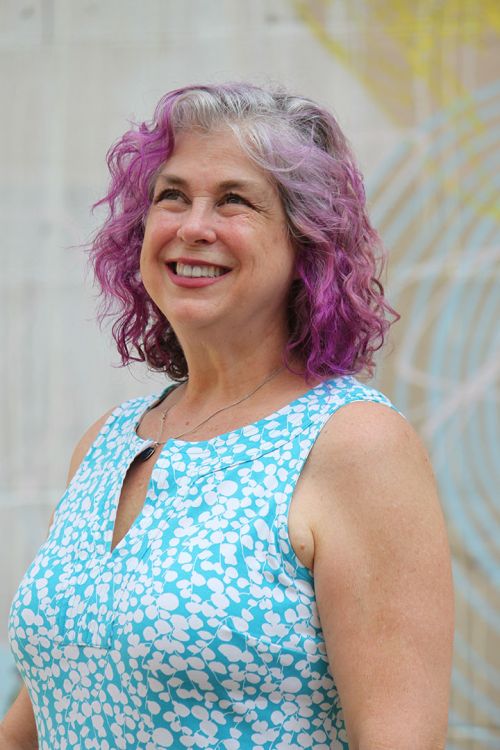Culture | March 18th, 2020

by Sonja Thompson
Debra Ruh is the CEO and Founder of Ruh Global IMPACT, a consulting firm that strives to help clients amplify their impact and become disability inclusion leaders. She also serves as the Chair of the United Nations' G3ict EmployAbility Task Force, which supports information and communication assistive technologies in over 100 countries. Her advocacy for people with disabilities has changed the way technology companies interface with their customers; and she has measurably improved the lives of millions of people all over the world who live on the margins, helping them to compete in the world-wide marketplace and improve their quality of life.
Recently, Ruh has turned her attention to shine the spotlight on a section of society that also is too-often overlooked: rural America. She, herself, is a business owner who lives in one of the many thousands of fringe, distant, or remote rural areas, as designated by Internet Service Providers (ISPs).
What makes an area rural? The U.S. Census guidelines define rural fringe as less than 5 miles from a city or densely populated suburb, or 2.5 miles from an urban cluster (town); rural distance is 25 miles from a city or 10 miles from a town; and rural remote covers everything greater than rural, distant populations.
In a recent article, Ruh shared the following personal experience running a business from rural America:
“I live outside Richmond, Virginia about 100 miles from our Nation’s Capital – Washington, DC, in a small community called Rockville, Virginia. I can attest that access to the internet is still a huge problem all over the world, including here in the United States with rural communities like mine not having access to dependable, affordable and reliable internet services.
“The growth of small businesses and the GIG economy are making it critical to have access to stable, affordable and high-speed internet service… Rural communities do not have the same access options as urban communities.
“To get reliable access to the internet, we had to find a Wireless Internet Service Provider (WISP) that could assemble a solution from very high-end radio equipment. I pay $250 a month for my internet connection. That might seem expensive, but I am running a global business from my home like many in the new economy. All of our work is online, including my two global shows – Human Potential at Work (with audiences in over 86 countries and 113 regions) and AXSChat (one of the largest Tweet Chats in the world). Additionally, many of my employees are technologists with disabilities and they work from their homes from countries all over the world.”
Ruh also noted the work that Huawei has done – and will continue to do – to help connect people in rural America:
“Huawei has a long history of supporting rural communities with affordable dependable internet solutions. The company started by bringing internet to rural parts of China. Huawei was the only corporation to bring the internet to these rural markets, and they have continued to expand into other rural markets, including rural areas in the United States, Canada, Africa, and other countries…
“More than 700 million people in rural areas around the world still cannot make phone calls or access the network (according to GSMA statistics). By the end of 2018, nearly 400,000 villages around the world had no network coverage. The digital gap between cities and the countryside is widening, especially the gap between remote areas and urban areas.”
In rural America alone, there are roughly 23 million people, and many of them do not have access to the FCC’s minimum requirements for inclusive broadband download/upload speeds (25Mbps/3Mbps). However, these speeds are required for many complex tasks, including completing homework assignments, accessing medical services, and running a business.
The real winner when it comes to broadband connectivity in rural America is the customer. Many rural Americans have undeniably benefited from Huawei’s lean and tight strategies, which prioritize making better tech more affordable. In fact, Huawei built its brand by serving rural customers – the people that the larger telecom operators were content to leave behind. Like Debra Ruh, Huawei believes in inclusion, because everyone deserves the same opportunities in this growing digital world.
[Debra’s original blog post is https://www.ruhglobal.com/digital-inclusion-for-rural-communities/ ]
February 23rd 2026
February 16th 2026
February 13th 2026
January 15th 2026
January 15th 2026

_(1)_(1)_(1)_(1)_(1)__293px-wide.jpg)
__293px-wide.png)

_(1)_(1)_(1)_(1)_(1)__293px-wide.jpg)
